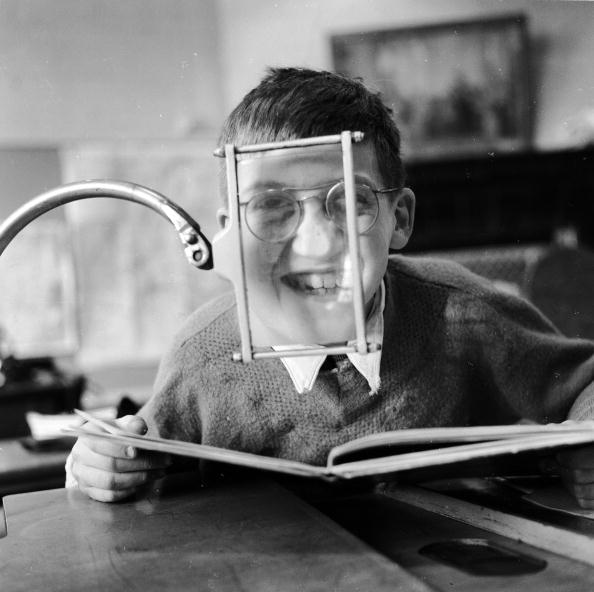-
Tips for becoming a good boxer - November 6, 2020
-
7 expert tips for making your hens night a memorable one - November 6, 2020
-
5 reasons to host your Christmas party on a cruise boat - November 6, 2020
-
What to do when you’re charged with a crime - November 6, 2020
-
Should you get one or multiple dogs? Here’s all you need to know - November 3, 2020
-
A Guide: How to Build Your Very Own Magic Mirror - February 14, 2019
-
Our Top Inspirational Baseball Stars - November 24, 2018
-
Five Tech Tools That Will Help You Turn Your Blog into a Business - November 24, 2018
-
How to Indulge on Vacation without Expanding Your Waist - November 9, 2018
-
5 Strategies for Businesses to Appeal to Today’s Increasingly Mobile-Crazed Customers - November 9, 2018
Firstborns Are More Likely To Be Nearsighted
During the said study, researchers checked nearsightedness records and birth order of around 89,000 individuals aged between 40 and 69 years.
Advertisement
First-born children are up to 20% more likely to develop short-sightedness than later-born children, a large study suggests.
Nearsightedness also known as myopia is increasing in the younger generation, researchers said.
India and China are very concerned already over Myopia, which is the scientific term for nearsightedness.
Though undiagnosed nearsightedness can cause problems in school, once it’s corrected it usually isn’t a health issue, unless a person is severely myopic. The researchers combined demographic data with behavioral information.
In other words, firstborns may come under parental pressure to succeed educationally, which may have them spending more time peering at books and computer screens.
These results could help explain why those whom are from cultures that are more studious might be more prone to being nearsighted, borne from recent studies that have found a substantial increase in myopia cases in countries across Asia. It is only natural for a parent to try and provide his child with the best education possible, but sometimes all of those aspects, which seem necessary in a child’s education can do a lot more damage than we think.
Again, there is no empirical evidence that directly links firstborns to myopia, but we can’t deny the fact that the incidence of such an affliction increases given both the genetic background and the parent’s approach to his education.
The lead author of the study is Jeremy Guggenheim, a professor of optometry and vision sciences at Cardiff University’s Eye Clinic, his findings show that firstborns were 10% more likely to develop nearsightedness and 20% more likely to show signs of severe nearsightedness.
The team of researchers at first did not consider birth order and developing Myopia had anything to do with educational investment; initially they thought the case was because firstborns are lighter at birth, but further research into this did prove fruitful and they realized the connection between firstborns and educational investment.
Advertisement
Guggenheim is now looking into why outdoor play may reduce the risk of nearsightedness, and just how it’s affected by heredity. So, the education of children with later birth order gets less intense. He added that scientists are always suspicious of seemingly random links such as this one, but when you keep seeing it, then something must cause it.





























